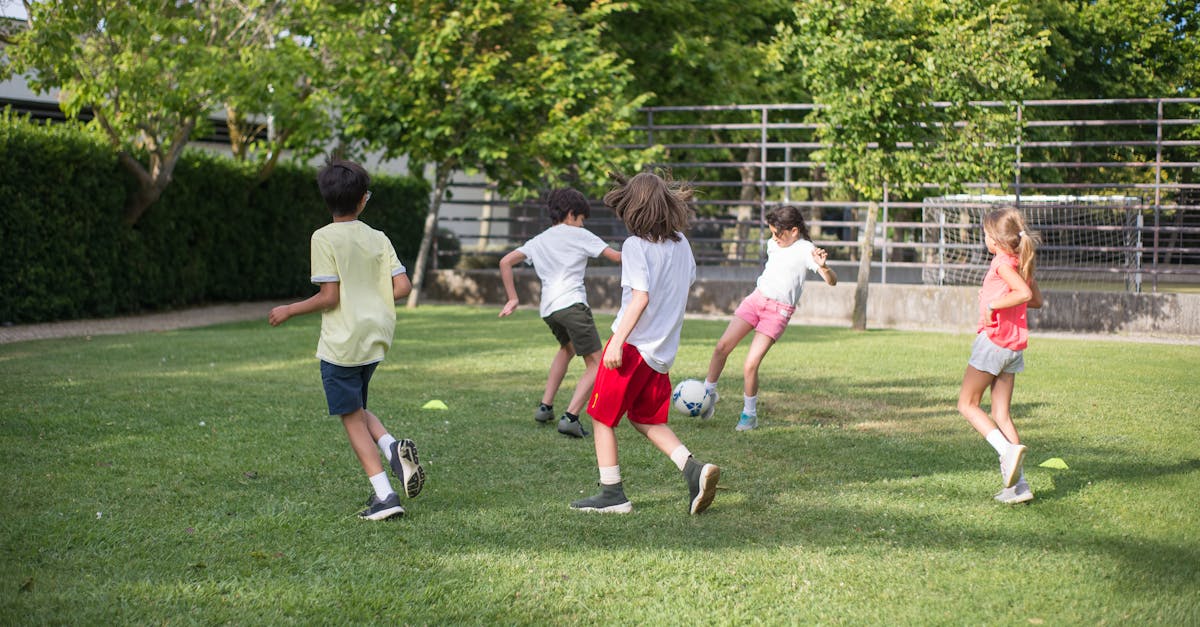What is the Fruit of the Spirit?
Have you ever wondered how to explain the Fruit of the Spirit to your preschooler? Each fruit—love, joy, peace, patience, kindness, goodness, faithfulness, gentleness, and self-control—helps us cultivate a Christ-like character. When you teach these virtues to little ones, using simple language and engaging activities works best. Remember, preschoolers have curious minds that soak up everything around them. Integrating fun interactions will create memorable lessons. This is an opportunity to shape their faith early on. After all, who doesn’t love a good fruit salad analogy?

Making Learning Fun and Interactive
To keep your little one’s attention, infuse fun into your lessons. Consider playing games where they can act out patience or kindness. Use colorful fruit images to represent each virtue. Kids love visual aids!
Another creative way is making a ‘Fruit of the Spirit’ craft. Grab some colored paper, scissors, and glue, and let their imaginations run wild. Let them decorate their fruits with words or stickers that relate to each virtue. Through play and creativity, these important lessons are more likely to stick. Plus, you might get some cute artwork for the fridge!
Check out an example of a ‘Fruit of the Spirit’ craft:

Storytime: Parables and Simple Stories
Children love stories, especially those with exciting characters and plots. The Parable of the Good Samaritan can teach about kindness and goodness. The story of Jesus calming the storm is perfect for explaining peace. During storytime, ask questions to make sure they understand. Use different voices for characters to maintain their interest. Sometimes, I like to toss in a funny voice or two just to hear those giggles. Relating these virtues to familiar individuals or favorite toys can also help make these concepts more relatable to young minds.

Using Daily Activities to Teach
Daily activities are a great teaching tool. For instance, patience can be taught while waiting in line at the grocery store. Moments like these are perfect for mini-lessons. Encourage kindness by having your child help around the house or show gentleness with their pets. Consistent reminders and practical examples will reinforce these virtues. Use verbal affirmations when they exhibit these traits, emphasizing their importance. Why not make bedtime a time for reflection? Chat about how they demonstrated the Fruit of the Spirit during the day. This will help solidify these teachings.

Using everyday tasks to teach important values is a practical and effective way to instill valuable lessons in children.
Handling Emotional Challenges
It’s common for preschoolers to face emotional challenges while learning these virtues. Patience can be tough, even for adults. When meltdowns occur, stay calm and gentle, embodying the virtues yourself. This not only comforts your child but also shows them how to handle tough emotions. Reinforce positive behavior and gently correct negative ones. Make sure to praise their efforts. As frustrating as it may get, remember patience is key. Trust me, I’ve done the deep breathing at the end of many a grocery aisle!

Encouraging a Fruit-Filled Home
Creating a home filled with the Fruit of the Spirit starts with the parents. Model these virtues in your daily interactions. Make these teachings a part of your family’s routine. Pray together, incorporating the virtues into your prayers. Celebrate when you notice your child displaying one of these fruits—it’s a big deal! Share your experiences and challenges with other parents. Support from a community can make this journey rewarding and fun. By embodying these fruits ourselves, we create an environment where our children naturally learn and grow in their Christian faith.

